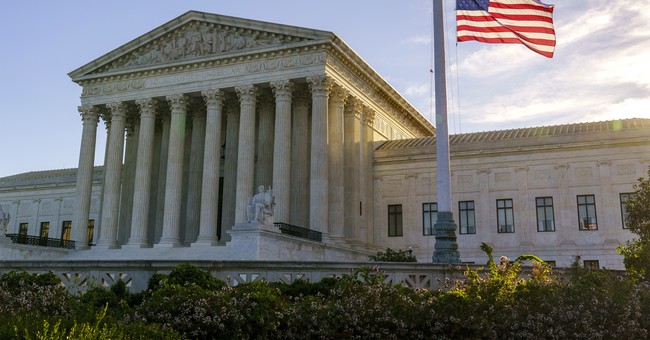
Over the past four weeks, we have seen a slew of federal district court and appellate court decisions impacting the terms and enforcement of state election laws in several states across the country.
As a general proposition, efforts are being undertaken by litigants in numerous jurisdictions to claim that the risk to voters created by COVID 19 is such that (m)any state election laws which impose limits on the ability of voters to cast ballots without having to go to a polling location, or which limit the timeframe within which remotely-cast ballots can be received in order to be counted, constitute violations of the right to vote under the terms of the Equal Protection Clause of the 14th Amendment.
Basically, in the application of “Solomonic” wisdom, federal district court judges are re-writing election codes they find to be wanting in the time of a pandemic, and fashioning new requirements and timeframes which satisfy their sense of propriety — but only for now. For when the pandemic passes (and Donald Trump is no longer running for re-election), these constitutionally offensive provisions in state election laws will once again be perfectly constitutional.
Got that?
Pandemic — Thomas Jefferson is rolling over in his grave that state legislatures would impose such monstrous and draconian limitations on poor and minority voters.
Non-Pandemic — Thomas Jefferson rests at peace that the people’s legislatures take care to safeguard a fair electoral process.
See how that works?
Without any consistency of reason or justification beyond “Pandemic = limitations bad”, several district court judges have limited or eliminated measures requiring witnessing or confirming signatures of absentee ballots, factual justification for absentee voting, extending deadlines for receipt of mailed ballots, excusing the absence of postmarks on mailed ballots, adopting of a presumption of timely mailing in the absence of evidence to the contrary, mandating that states/counties allow ballots to be deposited in a “drop boxes” without any security features, allowing voters to access voting devices while sitting in their cars, eliminating limitations on third party ability to deliver ballots on behalf of absentee voters, express expansion of “vote harvesting” authorization, etc.
As a general rule, the Supreme Court will often step in to decide a case of national significance when two Circuit Courts of Appeal come to opposite decisions on the same or similar issue. It seems that we may have now reached that point in terms of judicial intervention with the rewriting of state election laws via the granting of “preliminary injunctions” and/or issuing “declaratory judgment” on the merits.
We also have state court decisions altering legislative codes by the Pennsylvania Supreme Court, and via a “consent decree” suspending state election laws in a Minnesota state court.
We are now just one month from the election. The Court begins its 2020-21 session tomorrow. I expect we will see some filings for relief on these subjects this week.
On Friday, the 11th Circuit Court of Appeals entered a Stay with regard to a Preliminary Injunction granted by a District Court Judge of Georgia. Using COVID 19 as an excuse — as other district court judges are doing across the country — the federal judge in Georgia issued an Injunction preventing Georgia state election officials from enforcing the “7:00 pm on election day” deadline for receiving absentee ballots to be counted, and ordering Georgia officials to count all ballots received up to three days after Election Day if validly postmarked on or before election day.
Last week, the 7th Circuit dismissed a challenge to a similar order from a federal district court judge in Wisconsin and extended the deadline for receiving absentee ballots by six days, so long as the ballot is postmarked on or before election day. But the issue in that decision came down to whether the “intervening” parties who sought a stay in the appeals court had standing to enter the case at that point, and the 7th Circuit found that they did not. The 7th Circuit’s decision did not address the “merits” of the order entered by the lower court judge. I expect there will be a new challenge filed in the 7th Circuit this week by appropriate plaintiffs with standing to challenge the district court order extending the deadline.
District Court judges in Texas and Alabama have also re-written state election codes in those two states in advance of the coming general election, relying on COVID 19 as a basis to do so.
I covered a case in Texas in this story last week.
But six days ago in Alabama, yet another judicial rewrite was entered:
U.S. District Judge Abdul K. Kallon issued the ruling today in favor of people and organizations who sued … election officials over …. ban on curbside voting, the requirement that absentee ballots be signed by a notary or two witnesses, and the requirement for a photo ID with absentee ballot applications. Kallon ruled that the ban on curbside voting, the witness requirement, and the photo ID requirement, as applied during the COVID-19 pandemic, violated federal law and voting rights for people at serious risk of illness because of medical condition, disability, or being over 65.
Kallon heard evidence and testimony during a non-jury trial from Sept. 8-18.
“As applied during the COVID-19 pandemic, the Challenged Provisions unduly burden the fundamental Constitutional rights of Alabama’s most vulnerable voters and violate federal laws designed to protect America’s most marginalized citizens,” Kallon wrote in his 197-page opinion.
“Curbside” voting is the practice of giving a voter a portable device to use inside their vehicle to cast their votes, eliminating the need for the voter to enter the polling location.
Alabama is also in the 11th Circuit Court of Appeals, and Judge Kallon’s order is likely to be appealed by Alabama election officials this week. I expect the Court will enter an order granting a “Stay” blocking Judge Kallon’s order from taking effect, and the plaintiffs will then appeal that “Stay” to the Supreme Court. This is likely to happen in several similar cases over the next 10 days.
There is a hint from a Supreme Court decision back in April where this is all likely headed.
In Wisconsin, a federal judge extended the deadline for receiving absentee ballots during the primary election cycle by a period of six days. No one objected to that extension in the early days of state “lockdown” orders to address the outbreak of the COVID 19 virus. But, five days before the scheduled election, the same judge clarified the order to state that ballots postmarked on or before the extended day for receipt of ballots could be counted even though that violated Wisconsin election law which required that they be postmarked no later than Election Day, and no party in the case had asked for the Court to grant the additional relief. The Supreme Court reversed that provision of the district court’s order, writing as follows:
Nonetheless, five days before the scheduled election, the District Court unilaterally ordered that absentee ballots mailed and postmarked after election day, April 7, still be counted so long as they are received by April 13. Extending the date by which ballots may be cast by voters—not just received by the municipal clerks but cast by voters— for an additional six days after the scheduled election day fundamentally alters the nature of the election… This Court has repeatedly emphasized that lower federal courts should ordinarily not alter the election rules on the eve of an election…. The District Court on its own ordered yet an additional extension, which would allow voters to mail their ballots after election day, which is extraordinary relief and would fundamentally alter the nature of the election by allowing voting for six additional days after the election.
The four liberals on the Court, including the late Justice Ginsburg, dissented from this order and would have allowed votes to be cast and counted after the deadline imposed by state law in Wisconsin, basing their judgment on the complications of the COVID 19 pandemic. So, you can see where the lower court judges are finding their “justification for rewriting election rules more to the liking of plaintiffs who — in every case I’ve looked at — are Democrat party interest groups.
I expect the five conservatives on the Supreme Court have not altered their views from April as expressed in the text above.
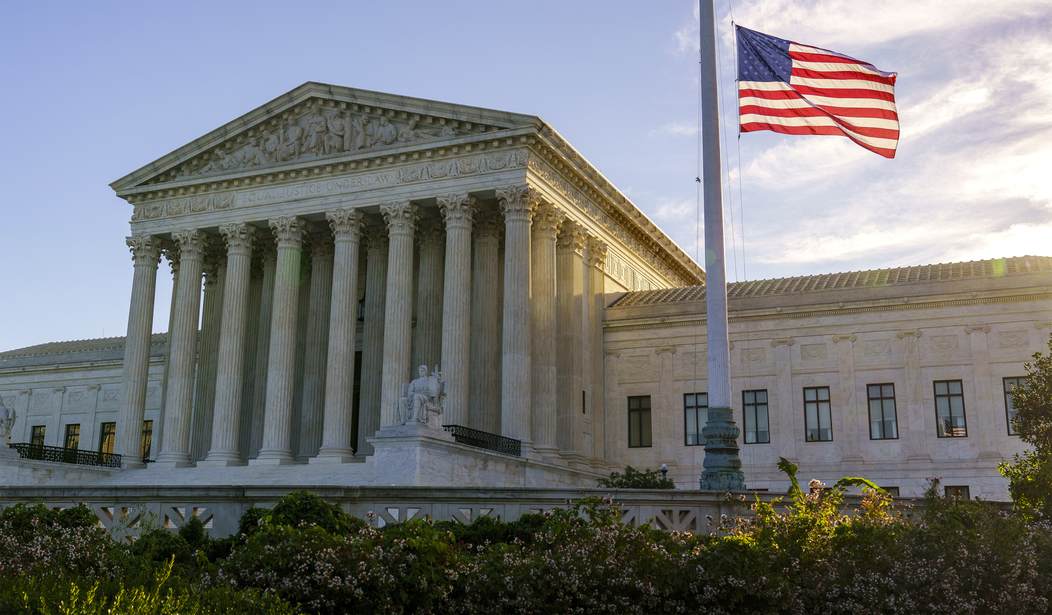


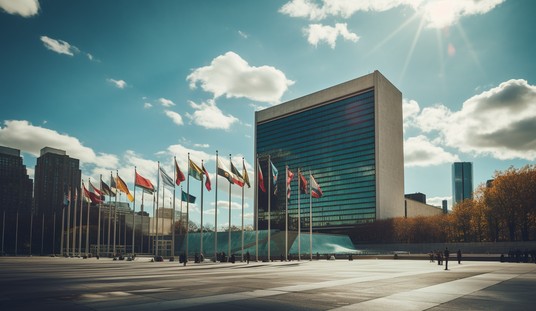

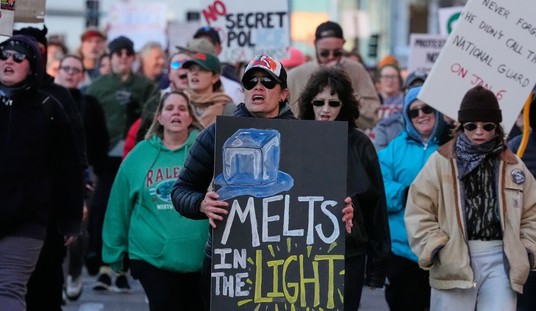
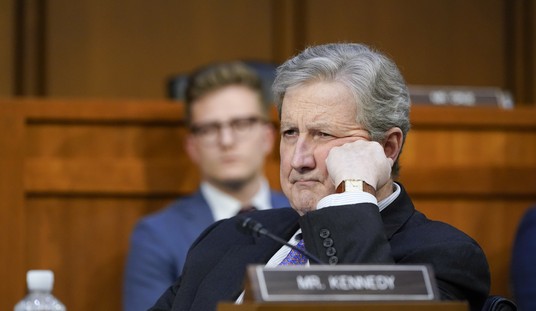







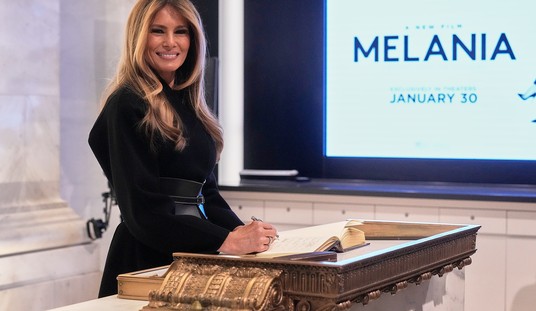
Join the conversation as a VIP Member